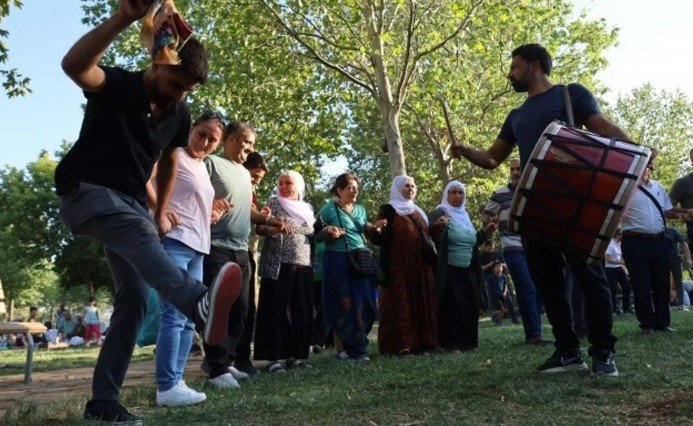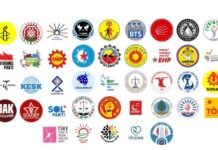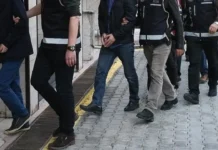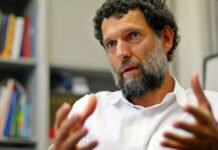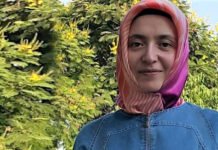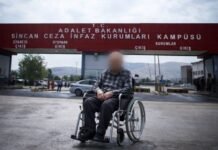Turkish police have detained five individuals due to Kurdish-language songs played at events across the country, Turkish media reported on Tuesday.
The detainees included four wedding attendees in the eastern province of Siirt and a military officer in the western province of Aydın, the reports said.
The individuals were accused of “spreading propaganda for a terrorist organization,” referring to the outlawed Kurdistan Workers’ Party (PKK), which is recognized as a terrorist organization by Turkey and its Western allies.
In Siirt a woman named Filiz Taşkesen and her three daughters were detained following a police raid on their apartment on Thursday.
Taşkesen expressed confusion over the detention, explaining that they were merely dancing and singing at a wedding.
“The police told me, why did you sing [at the wedding]? The song you sang is banned,” she recounted.
On Saturday the family was brought before a Siirt court on charges of spreading terrorist propaganda. Taşkesen was released under house arrest, while her three daughters were arrested and jailed.
“My daughters have done nothing wrong; they are innocent. I want justice. If a person is being arrested just for attending a wedding and dancing, what can I say?” Taşkesen said.
In Aydın, a conscript identified only by the initials B.S. was detained after being painted as a target on social media for singing along to a Kurdish song during a send-off celebration before the beginning of his compulsory military service.
B.S. was subsequently arrested by the court on similar charges of spreading terrorist propaganda.
Kurds in Turkey are often pressured not to speak their native language. Authorities frequently claim that people speaking in Kurdish are chanting slogans in support of the PKK, which has been leading an armed insurgency against Turkey’s security forces since the ’80s in a campaign that has claimed the lives of some 40,000 people.
Prohibitions against the use of Kurdish in Turkey go back many years. Kurdish language, clothing, folklore and names were banned in 1937. The words “Kurds,” “Kurdistan” and “Kurdish” were among those officially prohibited. After a military coup in 1980, speaking Kurdish was formally forbidden, even in private life.
The visibility of Kurdish on TV and in the print media was only made possible in the early 2000s thanks to significant progress made in the country’s bid to become a member of the EU.
Yet, the drift towards nationalism and the ruling Justice and Development Party’s (AKP) alliance with the far-right Nationalist Movement Party (MHP) in the last decade has led to an increase in anti-Kurdish racist attacks.

